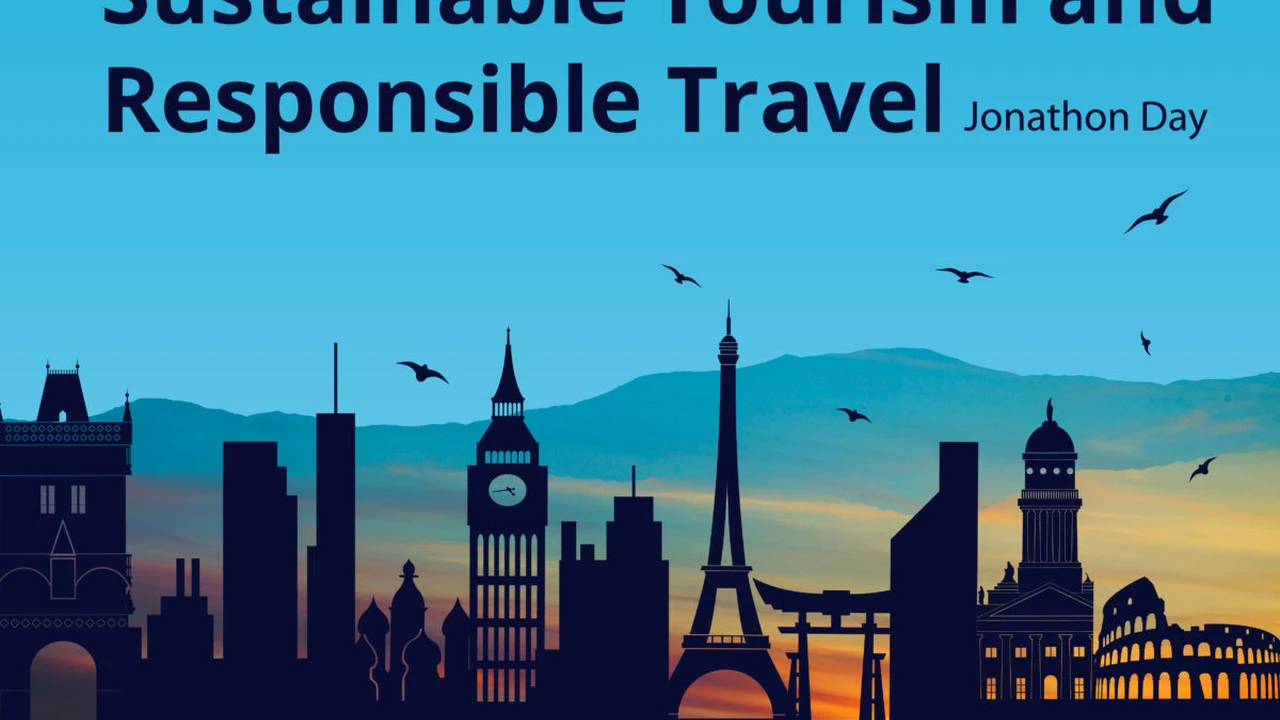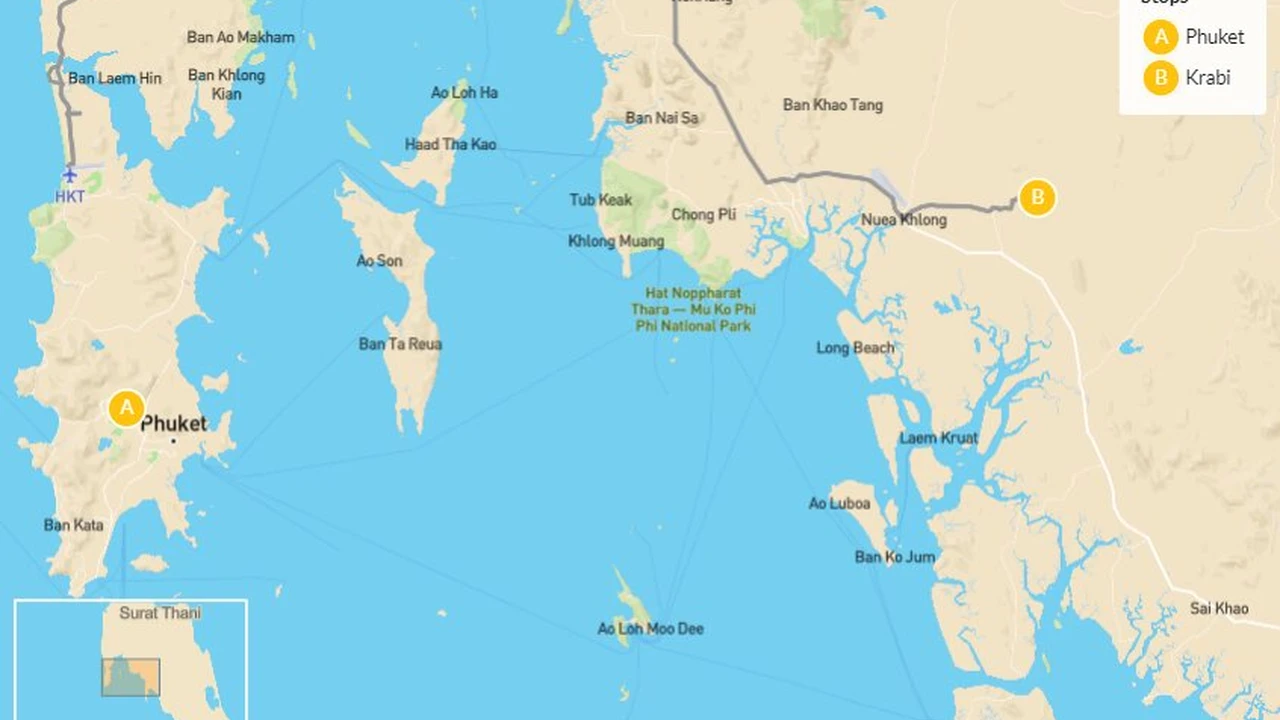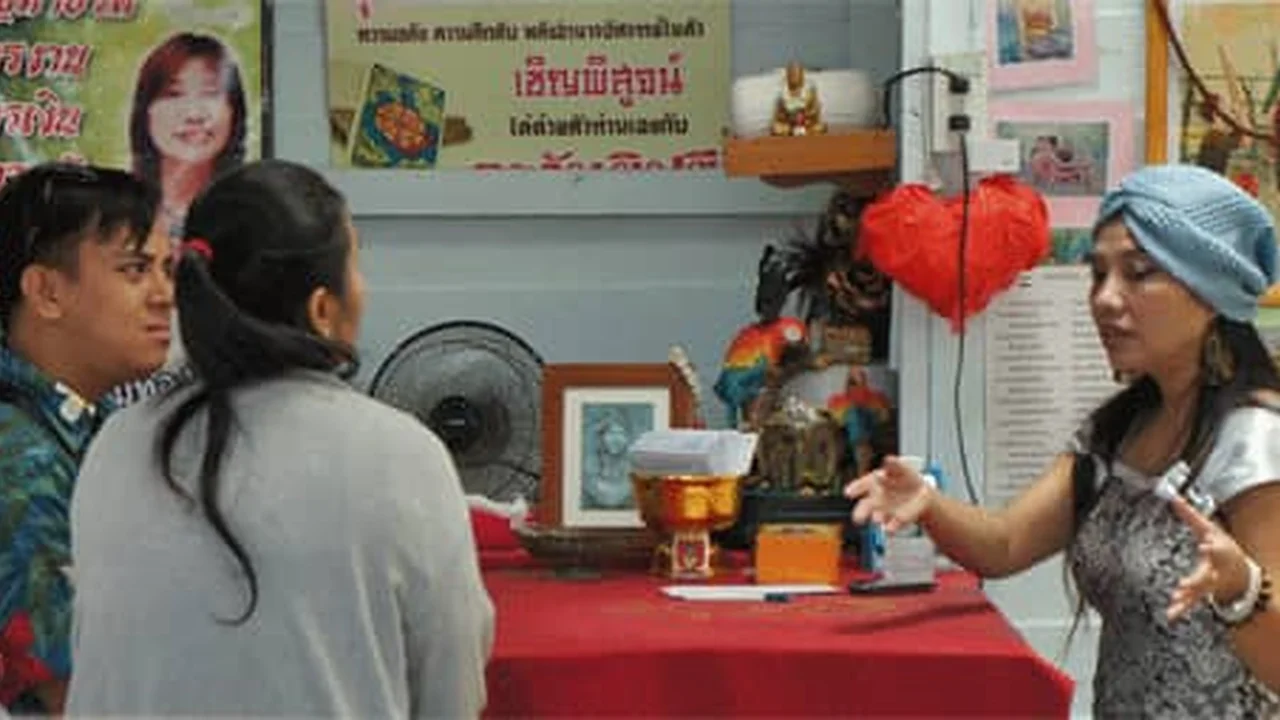Staying Safe in Thailand: Tips for Travelers

Thailand Travel Safety Essentials: Avoiding Common Scams
Okay, so you're heading to Thailand! Awesome choice. But before you get lost in the delicious street food and stunning temples, let's talk safety. Thailand is generally safe, but like any popular tourist destination, there are a few things to watch out for. First up, scams. Tuk-tuk scams are classic. They might offer you a super cheap ride to a temple, but then take you to a gem store or tailor where they get a commission. Politely decline and stick to metered taxis or Grab (the Southeast Asian Uber).
Another common scam is the "closed" attraction. Someone will tell you a temple or tourist spot is closed and offer to take you somewhere else. Don't fall for it! Check official websites or ask your hotel for confirmation before believing anyone on the street. Also, be wary of friendly strangers who approach you offering help or advice. They might have ulterior motives. Trust your gut, and if something feels off, walk away.
ATM scams are also prevalent. Always cover the keypad when entering your PIN and be aware of your surroundings. Use ATMs inside banks or well-lit areas. If your card gets stuck, report it to the bank immediately. Credit card fraud is another concern. Be careful when using your card at small shops or restaurants. Consider using cash whenever possible or using a travel credit card with fraud protection.
Protecting Your Belongings: Anti-Theft Travel Gear Recommendations
Pickpockets and petty theft are common, especially in crowded areas like markets and public transportation. Keep your valuables close and consider using anti-theft travel gear. Here are a few recommendations:
- Pacsafe Venturesafe X12 Anti-Theft Backpack: This backpack has slash-proof fabric, locking zippers, and RFID blocking pockets. It's perfect for carrying your valuables and keeping them safe from thieves. It costs around $120.
- Travelon Anti-Theft Crossbody Bag: This bag is smaller and more discreet than a backpack, but it still has anti-theft features like slash-resistant straps and locking compartments. It's ideal for carrying your phone, wallet, and passport. It's around $50.
- RFID Blocking Wallet: Protect your credit cards and passport from electronic theft with an RFID blocking wallet. These wallets block scanners from accessing your personal information. You can find them for around $20.
- Money Belt: An oldie but a goodie. Wear a money belt under your clothes to keep your cash and important documents hidden from view. They cost around $15.
When choosing anti-theft gear, consider the size, weight, and features that are most important to you. Look for products made from durable materials with multiple security features. Read reviews to see what other travelers have to say about their experiences. Compare the Pacsafe Venturesafe X12 and the Travelon Anti-Theft Crossbody Bag. The Pacsafe is larger and more robust, offering greater overall security. The Travelon is lighter and more convenient for everyday use. If you're carrying a lot of valuables, the Pacsafe is the better choice. If you just need a secure bag for your essentials, the Travelon is a good option.
Health and Wellness in Thailand: Staying Healthy on Your Trip
Staying healthy is crucial for enjoying your trip to Thailand. Food safety is a major concern. Stick to eating at reputable restaurants and avoid street food vendors that look unclean. Make sure your food is cooked thoroughly and avoid raw or undercooked meats and seafood. Be careful with salads and fruits that may have been washed with tap water. Drink only bottled water or boiled water. Avoid ice unless you're sure it's made from purified water.
Mosquitoes are prevalent in Thailand, especially during the rainy season. Protect yourself from mosquito bites by wearing long sleeves and pants, using mosquito repellent with DEET, and sleeping under a mosquito net. Dengue fever, Zika virus, and malaria are all mosquito-borne diseases that are present in Thailand. Consider consulting your doctor about vaccinations and medications before your trip.
Sun protection is also essential. The Thai sun is strong, so wear sunscreen with a high SPF, wear a hat, and seek shade during the hottest part of the day. Dehydration is another common problem, so drink plenty of water throughout the day. Avoid sugary drinks and alcohol, which can dehydrate you.
Pharmacies in Thailand are generally well-stocked, but it's a good idea to bring a basic first-aid kit with you, including pain relievers, antiseptic wipes, bandages, and any medications you take regularly. Consider bringing activated charcoal tablets for diarrhea and motion sickness medication if you're prone to it. If you have any pre-existing medical conditions, consult your doctor before your trip and bring a copy of your medical records.
Navigating Thai Culture: Respectful Travel Practices
Thailand is a country with a rich and unique culture. It's important to be respectful of local customs and traditions. Dress modestly when visiting temples and religious sites. Cover your shoulders and knees. Remove your shoes before entering temples and homes. Avoid pointing your feet at people or religious objects, as this is considered rude. Never touch anyone's head, as it's considered the most sacred part of the body.
Bargaining is common in Thailand, but do it politely and respectfully. Don't try to haggle too aggressively. It's also important to be mindful of your tone of voice. Avoid raising your voice or getting angry. Thais value politeness and respect. Public displays of affection are generally frowned upon. Avoid kissing or hugging in public.
The royal family is highly revered in Thailand. Avoid making any negative comments about the monarchy. It's illegal to defame the royal family, and you could face serious consequences. Be aware of local laws and regulations. Drug use is strictly prohibited in Thailand, and the penalties are severe.
Transportation Safety: Getting Around Thailand Securely
Getting around Thailand can be an adventure, but it's important to prioritize safety. Motorbike accidents are common, especially among tourists who are not experienced riders. If you're going to rent a motorbike, wear a helmet and make sure you have a valid driver's license. Be aware of the traffic conditions and drive defensively. Consider taking a motorbike taxi (motorbike with a driver) instead of renting your own.
Taxis and tuk-tuks are readily available in most cities, but make sure the driver uses the meter or agree on a price before you start your journey. Avoid getting into unmarked taxis. Trains and buses are a good option for traveling long distances, but be aware of your belongings. Keep your valuables close and don't leave your luggage unattended.
When taking ferries or boats, make sure the vessel is properly equipped with life jackets. Check the weather conditions before you set sail. Avoid overcrowded boats. If you're traveling by air, choose reputable airlines and be aware of your surroundings at the airport.
Walking can be a great way to explore Thailand, but be careful of traffic. Sidewalks can be narrow and uneven. Watch out for potholes and obstacles. Be especially careful when crossing the street. Look both ways and make sure drivers see you before you step into the road.
Emergency Preparedness: What to Do in Case of an Emergency
It's always a good idea to be prepared for emergencies when traveling. Know the local emergency numbers (police, ambulance, fire). Keep a copy of your passport and other important documents in a safe place. Inform your bank and credit card companies that you're traveling.
Learn a few basic Thai phrases, such as "help," "police," and "hospital." Download a translation app on your phone. Be aware of the location of the nearest hospital or clinic. If you have any medical conditions, carry a medical ID card with you. Have travel insurance that covers medical expenses, repatriation, and cancellation. In case of an emergency, contact your embassy or consulate for assistance.
If you're involved in an accident, stay calm and assess the situation. Call for help if necessary. Exchange information with the other parties involved. Take photos of the scene. If you're arrested, remain silent and ask to speak to a lawyer. Don't sign any documents you don't understand.
Cybersecurity for Travelers in Thailand: Protecting Your Digital Footprint
In today's digital age, it's important to be aware of cybersecurity risks when traveling. Use strong passwords for your online accounts and avoid using public Wi-Fi networks for sensitive transactions. Use a VPN (Virtual Private Network) to encrypt your internet traffic and protect your data from hackers. A good VPN costs around $5-10 per month. Some popular options are NordVPN and ExpressVPN. NordVPN offers a balance of speed and security, while ExpressVPN is known for its user-friendly interface.
Be careful of phishing scams and fake websites. Don't click on suspicious links or open attachments from unknown senders. Use a reputable antivirus program on your devices. Back up your data regularly in case your device is lost or stolen. Be aware of your surroundings when using your phone or laptop in public. Avoid leaving your devices unattended. Consider using a privacy screen protector to prevent people from seeing your screen.
Enable two-factor authentication for your online accounts. This adds an extra layer of security by requiring a code from your phone or email in addition to your password. Be cautious about what you share on social media. Avoid posting your location or travel plans publicly. Be aware that your online activity can be monitored by governments and law enforcement agencies. Use encrypted messaging apps like Signal or WhatsApp for sensitive conversations.
Responsible Tourism in Thailand: Supporting Local Communities
Practice responsible tourism by supporting local businesses and communities. Shop at local markets and buy handicrafts directly from artisans. Eat at family-run restaurants and try local specialties. Avoid supporting businesses that exploit animals or harm the environment. Respect local customs and traditions. Learn a few basic Thai phrases. Be mindful of your impact on the environment. Reduce your waste, conserve water, and avoid using single-use plastics. Choose eco-friendly accommodations and tour operators.
Volunteer your time to support local projects. Donate to reputable charities that are working to improve the lives of Thai people. Be a responsible and respectful traveler. Leave a positive impact on the communities you visit.
Consider visiting less-touristed areas of Thailand to spread the economic benefits of tourism. Explore the northern regions or the islands in the south that are less crowded than the popular destinations. By practicing responsible tourism, you can help to ensure that Thailand remains a beautiful and welcoming destination for future generations.
:max_bytes(150000):strip_icc()/277019-baked-pork-chops-with-cream-of-mushroom-soup-DDMFS-beauty-4x3-BG-7505-5762b731cf30447d9cbbbbbf387beafa.jpg)






